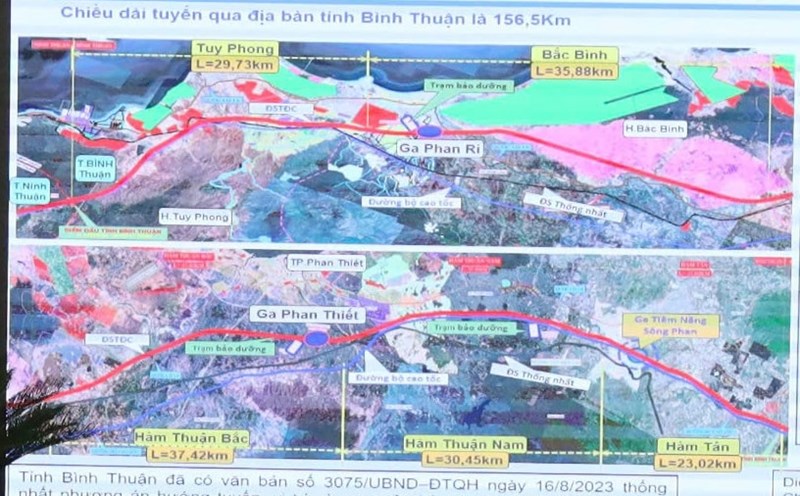Here are some solutions to manage and control nighttime hyperglycemia:
Adjust your dinner and late night snacks
One of the most important factors that affect nighttime blood sugar levels is dinner and food eaten before bed. According to the American Diabetes Association (ADA), a high-carbohydrate dinner can increase blood sugar levels at night, especially when combined with inadequate or poorly timed insulin.
Choose foods with a low glycemic index (GI) such as green vegetables, lean meats and whole grains, which help maintain stable blood sugar levels over the long term.
Also, avoid fast foods and refined sugars in the evening to reduce the risk of sudden spikes in blood sugar.
Adjust insulin or medication dosage
According to the World Health Organization (WHO), controlling the dosage of insulin or oral diabetes medication is essential to avoid hyperglycemia at night.
Some patients may need to adjust their basal insulin dose or the timing of their insulin injections before bedtime. Check your blood sugar before bed to make sure your blood sugar level is not too high or too low. If necessary, your doctor may adjust your insulin dose or prescribe additional medications to help stabilize your blood sugar throughout the night.
Light exercise in the evening
Gentle exercise before bed can help lower your nighttime blood sugar levels. Moderate exercise, such as walking or yoga, before bed can improve insulin sensitivity and lower blood glucose levels. However, be careful not to exercise too vigorously, as this can have the opposite effect and increase blood sugar levels.
Check blood sugar before bed and in the middle of the night
Regular monitoring of blood glucose before bedtime is essential to manage nocturnal hyperglycemia. If blood glucose before bedtime is too high, adjustments to diet or insulin dosage may be necessary.
Some diabetics may also need to check their blood sugar levels in the middle of the night, especially in sensitive situations such as when starting new medications or experiencing symptoms of hyperglycemia or hypoglycemia.
Using continuous glucose monitoring (CGM) technology
Continuous Glucose Monitoring (CGM) is an advanced technology that is encouraged by many health organizations such as ADA and WHO. CGM allows continuous monitoring of blood glucose levels, providing detailed data on blood glucose fluctuations throughout the day and night. This helps diabetics to identify abnormal changes early and make timely adjustments.











